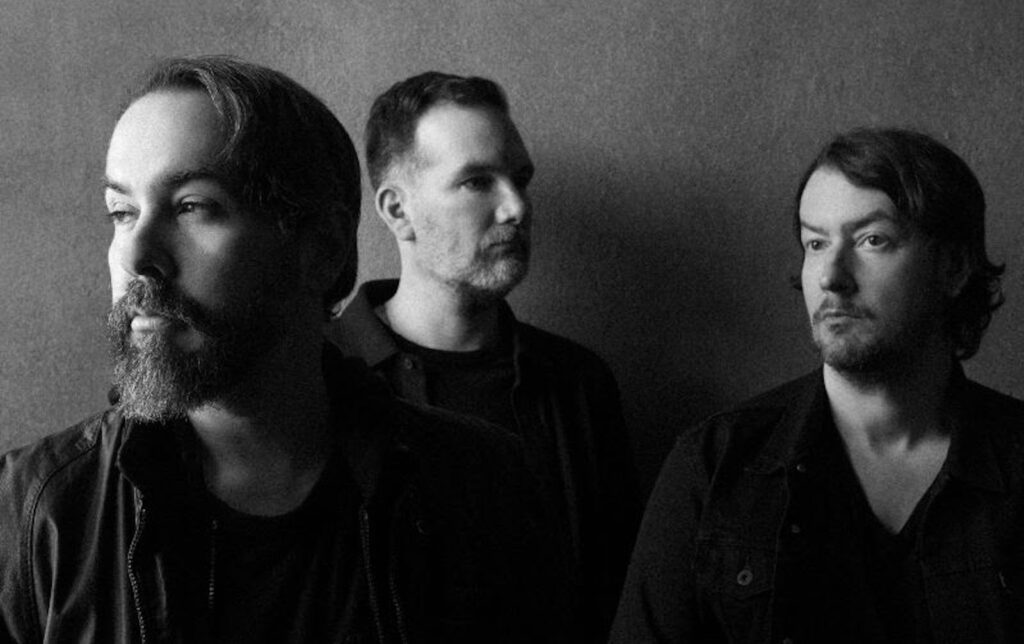Brazilian psychedelic pop band Os Mutantes – ‘The Mutants’ – were conceived in the aftermath of the coup d’état in Brazil in 1964, which in turn led to the imposition of a military-led dictatorship.
Brazilian psychedelic pop band Os Mutantes – ‘The Mutants’ – were conceived in the aftermath of the coup d’état in Brazil in 1964, which in turn led to the imposition of a military-led dictatorship. For the band’s guitarist and longest-serving member Sergio Dias, living under a dictatorship and in the shadow of the coup, provided a natural political context to the band’s existence. "The band was definitely political, but we weren’t conscious about it," Dias muses. "Just by being who we were, we were political – we were against the repression. Every time we had our lyrics censored, we mutilated them by putting a strange sound over the top," he laughs.
Dias formed Os Mutantes with his elder brother Arnaldo and Arnaldo’s then girlfriend Rita Lee in the mid-1960s (for some years Os Mutantes also included famed Brazillian producer Liminha on bass). Arnaldo and Rita were a few years older than Sergio, and it took a while before Sergio was accepted as a musical peer by his elder brother. "I was more of a loner when we were younger," Dias recalls. "When I was 12, they were 15 – I wasn’t allowed into their club!" he laughs. Later on, he was invited to join Arnaldo’s local band on guitar. "It was through the guitar player in Arnaldo’s band," Dias recalls. "He graciously gave me the guitar spot."
Brazil in the 1960s had access to the artists dominating the charts in the United States and England. "We heard everything," Dias confirms. "We were lucky to hear it all – when we heard The Beatles, every next album of theirs would change your life. We were blessed to experience that. We listened to Hendrix, King Crimson, The Mamas And The Papas – every corner you turned was a new musical experience. It was like finding a new continent – that was what was happening in the 1960s."
Teenage idealism was shattered in 1964 when the military overthrew the incumbent Brazilian government. For Dias and his contemporaries, it was a life-changing experience. "My father was working for a politician at the time, and he was arrested after the coup," Dias says. "As a 13 year old, you didn’t really understand what was happening. And it was obviously very hard for my mother."
Dias, Arnaldo and Rita decided to form Os Mutantes, playing a unique blend of pop, psychedelia and folk. Not surprisingly, Os Mutantes found themselves under the watchful eye of the military government. "When we started to make music we became targets because we were doing totally free music – we were totally spontaneous in what we did," Dias explains. "The government didn’t really know how to categorise us – we were king of, like, anarchists," he nods, "in the way we went about things."
The threat of government reprisal was omnipresent; Dias says it was only youthful bravado that countered the fear of government arrest. "That’s the beauty of being young," he muses. "You feel like you’re indestructible. So many times we were under the threat of being arrested by the army," Dias says. When Brazilian artist Gilberto Gil was arrested, the reality of life as a musician working under dictatorship could no longer be ignored. "It was really, really hard when they arrested Gil – so many people went missing at that time," Dias sighs.
Os Mutantes released a couple of now-classic records, Os Mutantes and Mutantes, in the late-1960s, albums that were eventually championed by the likes of Kurt Cobain, Beck and David Byrne. By the early 1970s, however, the cracks were already beginning to show. The band’s use of drugs – especially LSD – was taking its toll on Os Mutantes’ creativity and the band members’ psychological stability. "Drugs were a bad blow in terms of killing what was already dying," Dias says.
"LSD was a powerful experience. You could have great experiments on acid. It gave me a sense of belonging to the cosmos. But when you’re young you’re always questioning, but sometimes you’re not ready to receive the answers, and you can distort the answers." Arnaldo in particular struggled with the effects of acid, culminating in a suicide attempt. "The acid thing was bad for my brother – he had a really bad trip, and tried to commit suicide," Dias recalls with sadness.
With Os Mutantes "closing into its shell", both Arnaldo and Rita left the band. Sergio continued on playing and recording after their departure before retiring the Os Mutantes name in 1978. "When Rita left the band it was a blow, and also when Arnaldo left, and then the others left," Dias remembers. "It was like being a trench with your friends dying. We did an album that was very good, but acid was still a problem. Then more band members came and went and that became too much. So I decided to put the sword down and wait."
For the next 25 years Dias continued to play and record, gradually becoming aware of the swelling cult interest in Os Mutantes. Eventually Os Mutantes were invited to reform, and open for The Flaming Lips at a show in the United States. "I had no idea for a long time when we were going to play again, but then we were asked to open for the Flaming Lips at the Fillmore, which was a dream!" Dias grins.
The fact that the reformation came about through popular pressure was especially pleasing. "It was all without the help of the music industry machine," Dias observes. "That made me realise the power of the music – it’s something that really makes you very humble."
Dias decided to take Os Mutantes (without Rita, now pursuing a successful solo career, and Arnaldo, whose return to the band was only brief) back into the studio. The resulting album, Haih …, released in 2009, confirmed Os Mutantes’ continuing relevance and vitality. "There was a lot of talk on the internet and in the press, especially in Brazil," Dias says. "There was negative press, but later on they had to swallow their tongue. It’s gone very well all over the world, and people have really appreciated it.
"It’s been a very positive feeling – in Brazil there’s now this huge respect for the band," Dias says happily.
OS MUTANTES play GOLDEN PLAINS alongside Belle & Sebastian, Hawkwind, The Hold Steady and heaps more at the Meredith Supernatural Amphitheatre over the Labour Day long weekend, March 12-14 – tickets and info from goldenplains.com.au. They also play a huge show at The Forum on Friday March 11 – tickets from ticketmaster.com.au and 136 100. Their latest album Haih Or Amortecedor is out now through Shock.







